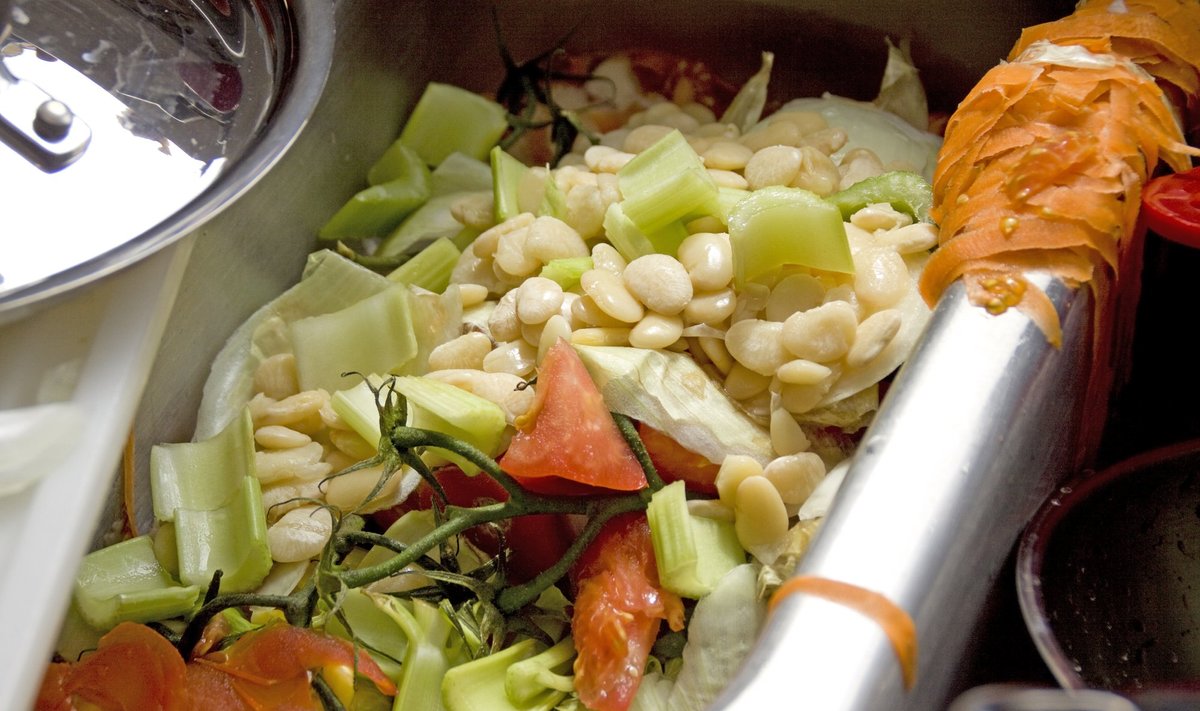In order to address this knowledge gap, the Commission has adopted a Delegated Act laying down a common food waste measurement methodology to support Member States in quantifying food waste at each stage of the food supply chain.
Preventing food waste was identified as one of priority areas in the Circular Economy Action Plan adopted by the Commission in December 2015. Furthermore, food waste is one of ten major indicators of the Circular Economy Monitoring Framework, telling us how advanced we are in the transition from linear “make-use-dispose” to circularity, where loss of resources is minimised.
Frans Timmermans, First Vice-President, said: "Food waste is unacceptable in a world where millions still suffer from hunger and where our natural resources, which make human life and wellbeing possible, are becoming increasingly scarce. That is why we have defined food waste prevention as a key priority in building a circular economy and a sustainable society. To deliver change, we have to be able to properly measure food waste”
Specific measures on food waste prevention have been introduced which will provide the EU with new and consistent data on food waste levels. The new waste legislation requires Member States to implement national food waste prevention programmes and, importantly to reduce food waste at each stage of the supply chain, monitor and report on food waste levels.
The EU's action plan to fight food waste aims to help achieve the global Sustainable Development Goal Target 12.3 to halve per capita food waste at the retail and consumer level by 2030, and reduce food losses along the food production and supply chain.
While the Delegated Act defines what needs to be measured as food waste at each stage of the food supply chain and how this should be carried out, it provides flexibility as to how data collection should be carried out at national level.
